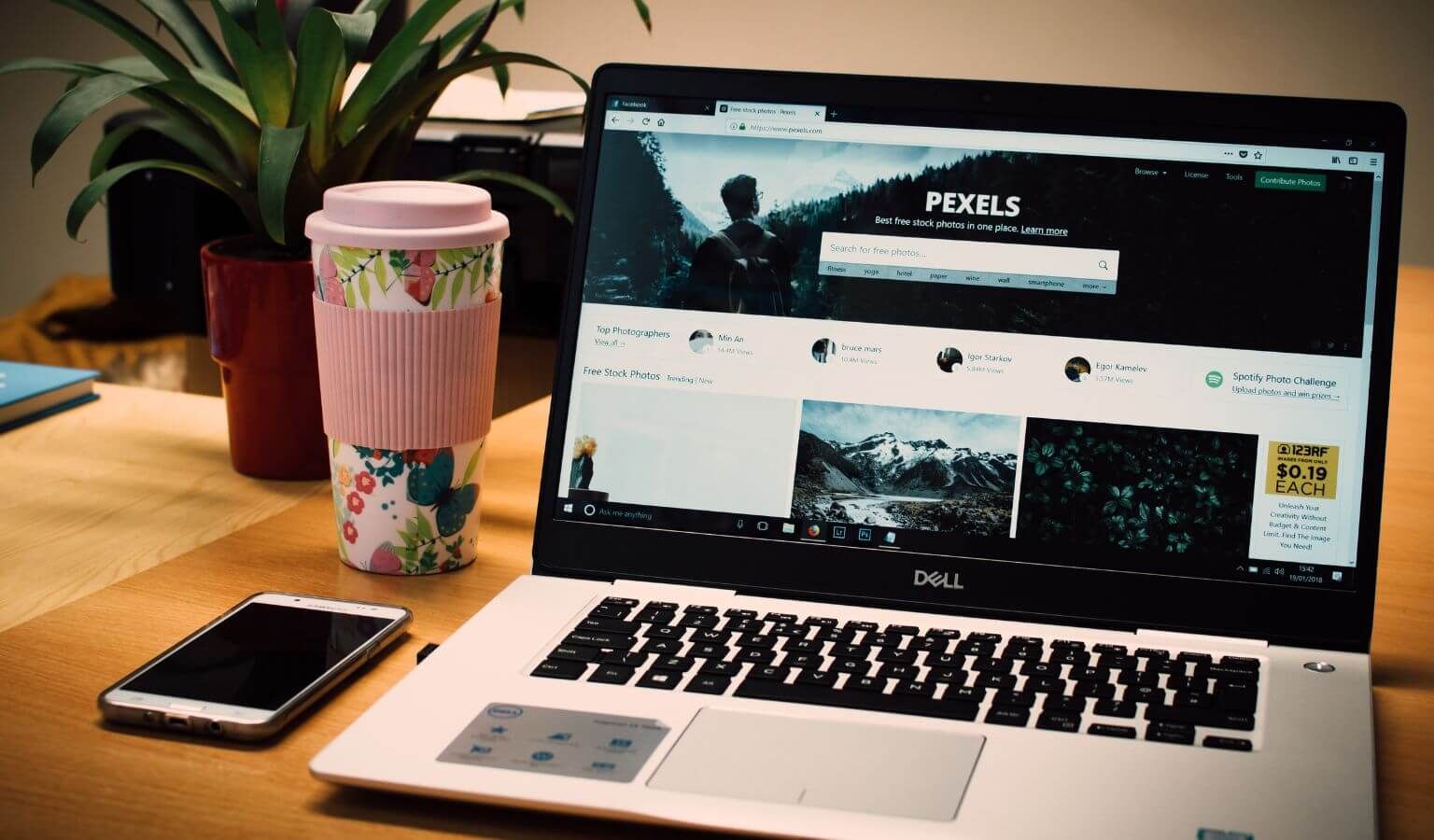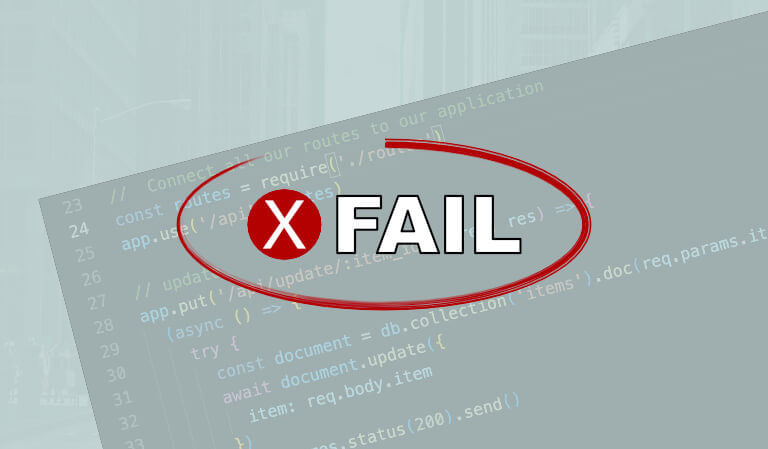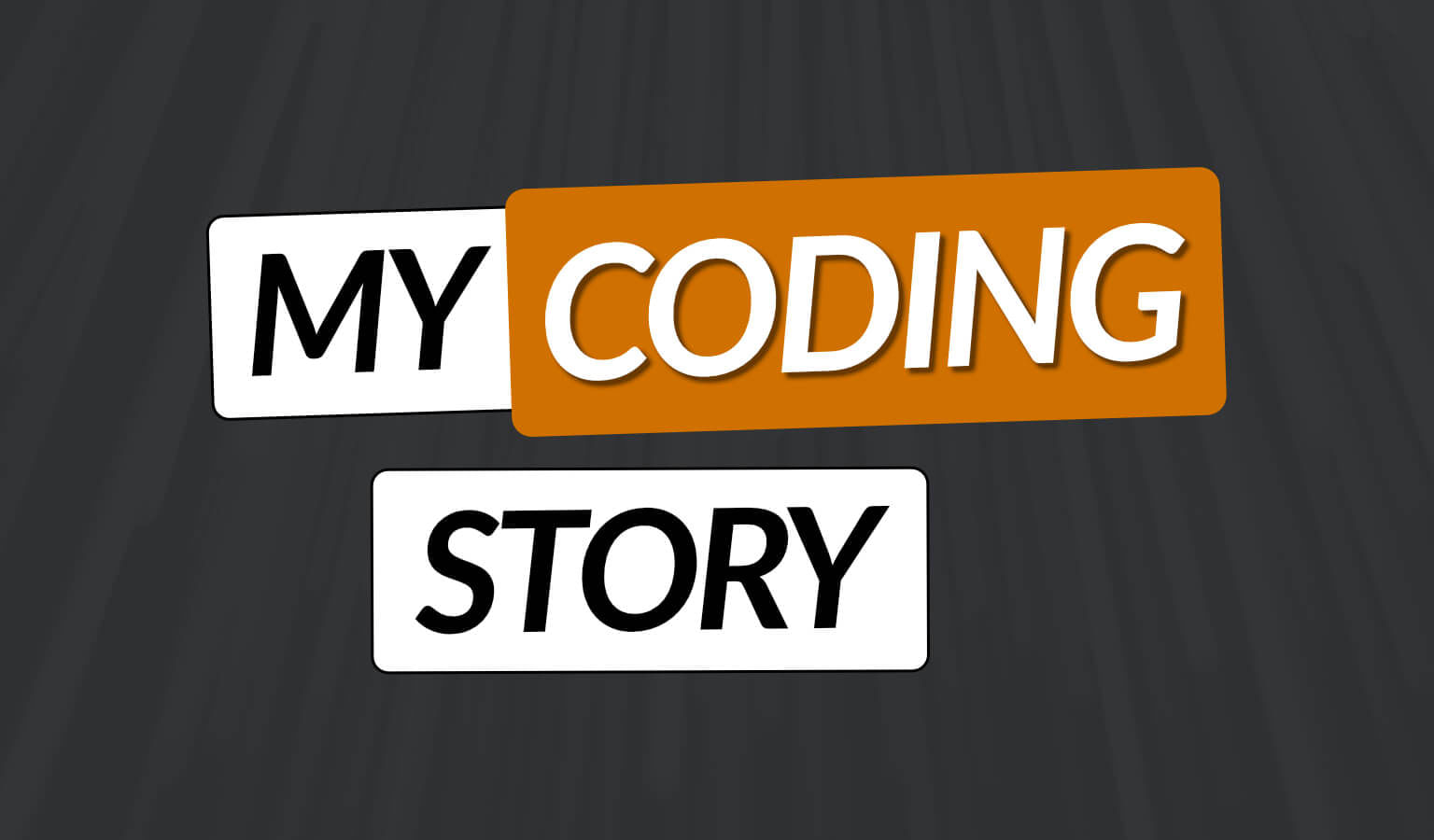There are two avenues for CodeNewbies: One is that you learn to code and you put together a portfolio of sites and apps that you have built during your training. This demonstrates to employers that you have the competency to code and to build websites and applications.
The other avenue is that you learn to code and then you market your services to clients looking for what you offer.
For the former, a list of portfolio "projects" will suffice. For the latter it will not.
Real-Life Examples
A person considering your services wants to see real-life examples of your work, examples that shows them you are capable of taking a project from start to finish, that you are able to meet their requests, and that you can deliver technically what is being asked of you.
Demo sites that you have built for yourself will only take you so far in the world of freelance.
Sure you can get jobs, but it is my opinion that you will be limited in a number of ways (possibly another post on this).
If you have people lined up waiting and demanding your services from the outset, then by all means charge them and proceed.
Otherwise, I think it wise to do a little work for free….I'd say three free jobs up front, and here are three reasons why:
A WIN-WIN FOR BOTH OF YOU
Because you are doing a service for free, you should maximize the benefits you receive from it. Of course the client is getting a DEAL. But in return, make sure that he or she knows UP FRONT that you desire (if they are satisfied with your work, of course) a 2-3 sentence testimonial that you can place on your site.
Also let them know that you will be adding their site and case study to your portfolio. Go ahead and ask them to rate your business on Facebook or Google. With the deal that they are getting, the ball is in your court to request these things.
Clients considering your services down the road will look to see that others are satisfied with your work. They want to see that you can successfully handle their project. With your offering to work for free, make sure that you get all the benefits you can in return.
PATIENCE AND LEARNING
You will look back and cringe at how you implemented your first job. But this is a good thing. With each project, you learn new ways to speed things up in the future. You learn better organizational skills, better communication methods, etc.
When taking on your first or second client you may be prepared technically, but you may not come out as strong in regards to business, communication, finances, deadlines, etc.
These are golden experiences up front by which you can be better equipped when people actually begin paying you.
CONNECTIONS
Freelancing is all about connections. Think about it: You will have three clients from the outset who know and are pleased with your services. If they have a problem down the road or need more work done, and you have given them your business card/info, they are likely to come back to you.
Also, make sure they know that you are open for business and to refer you to any others looking for the services you offer. Perhaps they are willing to place a few of your business cards on their reception desk.?.?
CONCLUSION
If you are looking to freelance you will need to demonstrate not only your technical skills, but your soft skills. Doing a little work for free up front can only help you. Having three "real-life" examples in your portfolio will go a long way in convincing a potential client of your abilities.
In addition, you will be more confidently able to ask for your specific hourly or fixed price, able to state what you do and do not offer, and will have a better understanding of your workflow to move ahead successfully.
Need some ideas on how to find clients? Here is a brief post on how I got my first two freelance gigs.
This page may contain affiliate links. Please see my affiliate disclaimer for more info.



